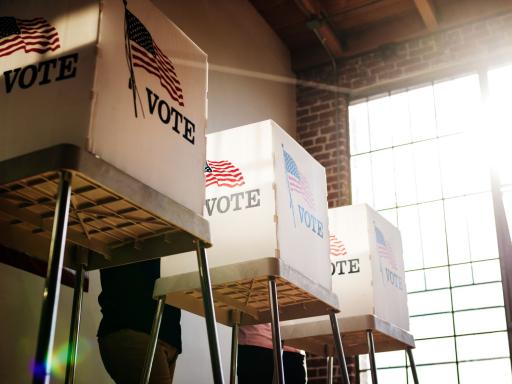Legislative Term Limits and Financial Disclosure Amendment
In early May 2022, the Michigan Legislature voted to place a ballot initiative on the November ballot that would change term limits in Michigan and increase transparency around state elected officials disclosing personal financial information.
The term limits ballot initiative will allow legislators to serve up to 12 years, six 2-year house terms, three 4-year Senate terms or a combination.
The initiative will also provide that elected state officials must file annual financial disclosure reports on their income, assets, liabilities, gifts from lobbyists, positions held in certain organizations and agreements on future employment.
As CMF reported, in June 2022 the CMF Board of Trustees approved CMF to advocate for the term limits initiative to help foster expertise and partnership connections with our policymakers.
As CMF and our members continue advocacy efforts in Lansing, the ability to build strong, lasting relationships with legislators over time would not only help with addressing issues that affect the health of philanthropy but also policy issues that are priorities for CMF members and the communities they serve. Lower legislative turnover would also reduce the amount of education needed for elected officials, which continues to be a challenge due to the limits of both CMF staff and our members.
Michigan’s term limits are the most rigid in the country and this initiative is an attempt to reduce some of the challenges caused by the state’s term limits.
According to research from the Citizens Research Council of Michigan, term limits have led to increased political polarization and lobbyist influence and have not made the Legislature more diverse.
As CMF and our community of philanthropy continue advocacy efforts with our elected officials, the ability to build strong, lasting relationships with legislators over time would not only help with policy issues that are priorities for our CMF community but will help address issues that affect the health of the sector.
Voting Policies in the Constitution Amendment
Michigan Proposal 2, the Voting Policies in Constitution Amendment, will also appear on the ballot. The initiated constitutional amendment will add several election and voting-related policies to the Michigan Constitution.
It will add the following policies to the state constitution:
- Create a nine-day early voting period.
- Allow for a signed affidavit or photo identification to vote.
- Require military and overseas ballots postmarked by election day are counted.
- Provide voters with a right to request an absentee ballot.
- Require the state to fund prepaid stamps and a tracking system for absentee ballots.
- Require the state to fund a number of absentee ballot drop boxes.
- Provide that local governments can accept charitable and in-kind donations to assist with running elections as long as donations are disclosed and aren’t from foreign entities.
- Provide that election officials are responsible for election audits, requiring election audits to be conducted in public and requiring election results to be certified based on votes cast.
CMF has advocated for increasing voting access through the leadership and support of CMF’s Government Relations Public Policy Committee.
Earlier this year, CMF advocated for two voting rights bills, the John Lewis Voting Rights Advancement Act (JLVRAA) and the Freedom to Vote Act. The bills were under consideration in Congress but so far have failed to pass.
The JLVRAA was aimed at restoring and strengthening the 1965 Voting Rights Act by requiring jurisdictions with a history of racial discrimination in voting to receive approval from the Department of Justice before making changes to their voting rules.
The Freedom to Vote Act would have set national standards for voting access in all states.
Want more?
View the November ballot by county, jurisdiction and precinct.
Read more about the term limits ballot initiative.
